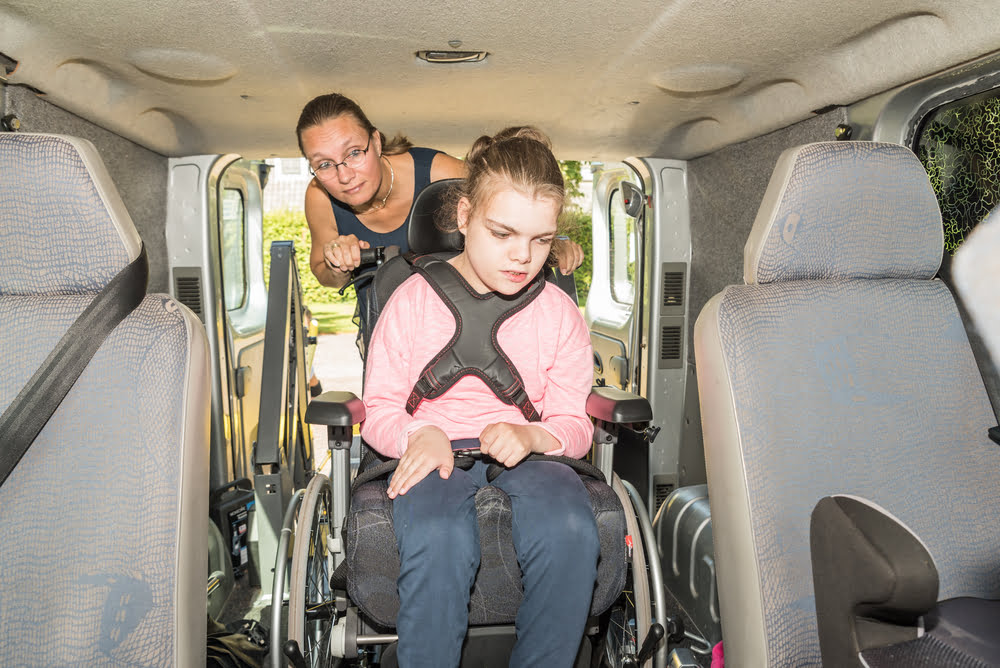Maximum travel time for student transport must be reduced to a maximum of 45 minutes.
Dennis Wiersma, Minister for Primary and Secondary Education, has already indicated several times that he wants to reduce the maximum travel time one way to 45 minutes, unless this is not possible due to the distance to the school. Wiersma is therefore in talks with the VNG to adjust the maximum one-way travel time of 90 minutes that is now included in the model regulation. Even though the model regulation has no legal status (it is a directive), it appears that three-quarters of the municipalities use the VNG model regulation as a basis when drawing up new regulations.
In anticipation of the desired amendment to the model regulation, the VNG will approach a number of municipalities at its request to start working with a shorter travel time. Of course with the exception of schools that require a longer travel time due to their large spread or their rural location, such as schools for students with a hearing impairment. According to Wiersma, the experiences of these municipalities, in combination with the results of the above-mentioned survey among parents, should lead to a final adjustment of the model bye-law. This is in line with the motion by, among others, member De Hoop (PvdA) about adjusting the travel times in the model regulation.
appointments
For example, currently four out of five municipalities have made agreements with the transport company about the maximum travel time. In a third of the municipalities this is a maximum of one hour and in two thirds it is longer than an hour, one way. Most municipalities do not know how long students in adapted transport actually travel on average. Wiersma writes that this is undesirable and unacceptable. More than a third of the municipalities were able to indicate this and they report an average travel time of 50 minutes.

Municipalities must enter into dialogue with transporters more often than is currently the case, not only when tendering for student transport or at the end of the contract, but also during the contract. This is because municipalities do not always have an overview of customer satisfaction or complaints, which means that the options for adjusting policy are limited.
That's one of the notable ones recommendations from the state of affairs monitor implement student transport actions, which were sent to the House of Representatives by Minister for Primary and Secondary Education Dennis Wiersma. According to Wiersma, that really needs to be improved. In any case, parents and students must have a clear point of contact where they can go with complaints about transport. The Minister expects that every municipality has this or will arrange it as soon as possible. He will also include this in the possibilities for supervision.
LBVSO
Important parties, including the VNG and Royal Dutch Transporters (KNV), will contribute to structural solutions for target group transport. From now on, Dennis Wiersma wants to test these solutions at organizations such as LBVSO and Ouders & Onderwijs. Dennis Wiersma, together with the LBVSO, talked to students from (secondary) special education who use student transport.
"This conversation was very valuable and made it clear once again how important it is that transport is well organized for these students and that steps are taken in the short term. I also thank the LBVSO for co-organizing this conversation and the continued attention they have for the subject of student transport."
Dennis Wiersma - Minister for Primary and Secondary Education
LBVSO has also been added to the regular official consultations with, among others, the Ombudsman for Children and Parents and Education.



